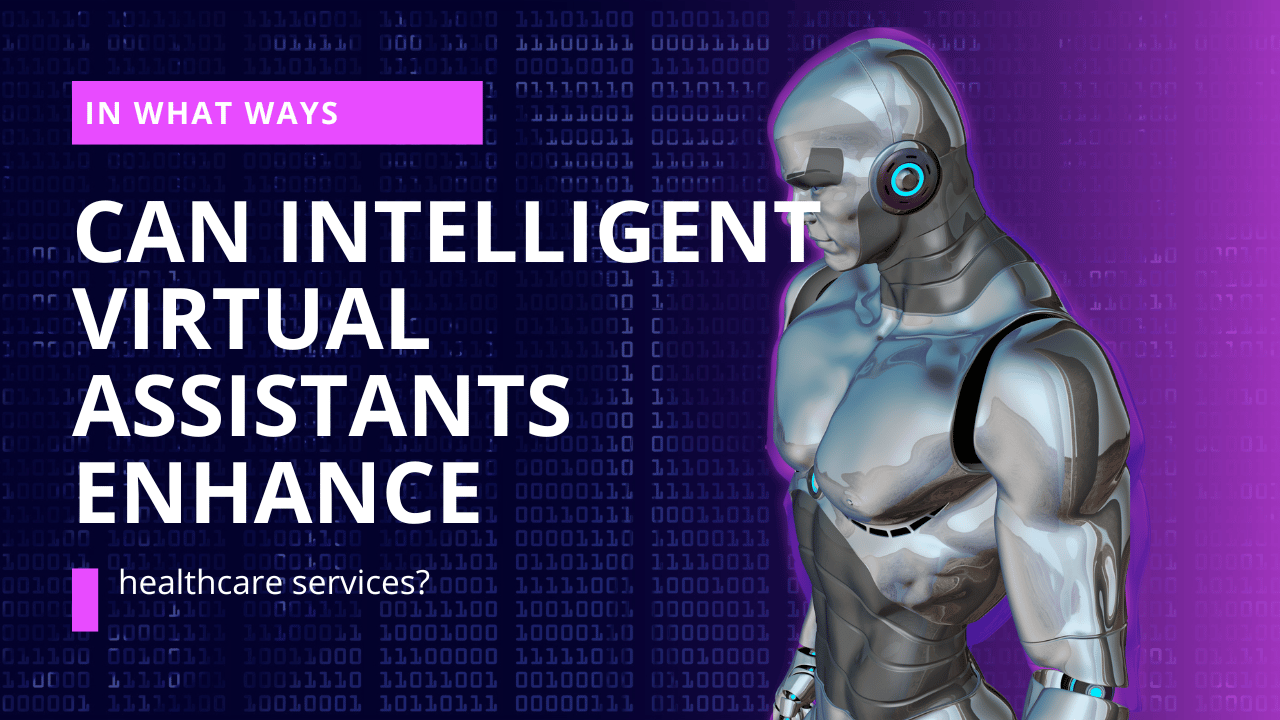In today’s digital age, healthcare services are experiencing a transformative shift, thanks in large part to the advent of intelligent virtual assistants (IVAs). These advanced AI-driven tools are not just reshaping the way healthcare providers interact with their patients but are also streamlining operations, improving patient outcomes, and making healthcare more accessible.
Let’s delve into the various ways in which intelligent virtual assistants are enhancing healthcare services.
Personalized Patient Care
One of the most significant impacts of IVAs in healthcare is the personalization of patient care. Through the analysis of vast amounts of health data, IVAs can offer personalized health recommendations and reminders for medication, appointments, and health check-ups. This tailored approach ensures that each patient receives care that is specific to their individual health needs, potentially leading to better health outcomes.
24/7 Availability
Healthcare needs can arise at any hour of the day, and access to immediate care can sometimes mean the difference between life and death. IVAs are available around the clock, providing patients with immediate access to medical advice and support. Whether it’s answering health-related questions, guiding a patient through a health crisis until human help arrives, or simply providing reassurance, the 24/7 availability of IVAs is a game-changer in healthcare accessibility.
Administrative Efficiency
Healthcare providers often find themselves bogged down by administrative tasks such as scheduling appointments, managing patient records, and processing insurance claims. IVAs can automate these processes, significantly reducing the administrative burden on healthcare professionals. This allows them to focus more on patient care rather than paperwork, enhancing the overall efficiency of healthcare services.
Supporting Mental Health
Mental health is an area of healthcare that often requires ongoing support and conversation. IVAs, through conversational AI, can provide a level of interaction and support for individuals dealing with mental health issues. They can offer coping mechanisms, mindfulness exercises, and even alert a healthcare provider if the individual’s responses indicate a risk of harm. While not a replacement for human interaction, IVAs can serve as an additional support system.
Health Monitoring and Early Detection
Wearable devices and health monitoring apps integrated with IVAs can continuously monitor a patient’s health metrics such as heart rate, blood pressure, and glucose levels. By analyzing this data, IVAs can identify patterns and anomalies that may indicate early signs of health issues, enabling preventive measures or early treatment that can significantly improve patient outcomes.
Enhancing Patient Education and Engagement
Education is key to managing one’s health, and IVAs play a crucial role in providing accessible and understandable health information to patients. By answering questions, offering explanations, and providing tips, IVAs can help patients take an active role in their health and wellness journey, leading to increased engagement and better health behaviors.
Conclusion
The integration of intelligent virtual assistants into healthcare services is revolutionizing the way care is delivered, making it more personalized, accessible, and efficient. While IVAs are not a replacement for human healthcare professionals, they complement the existing healthcare system, allowing providers to focus on what they do best caring for patients.
As technology advances, the potential for IVAs to further enhance healthcare services is immense, promising a future where healthcare is more responsive, proactive, and centered around the needs of each individual patient.
